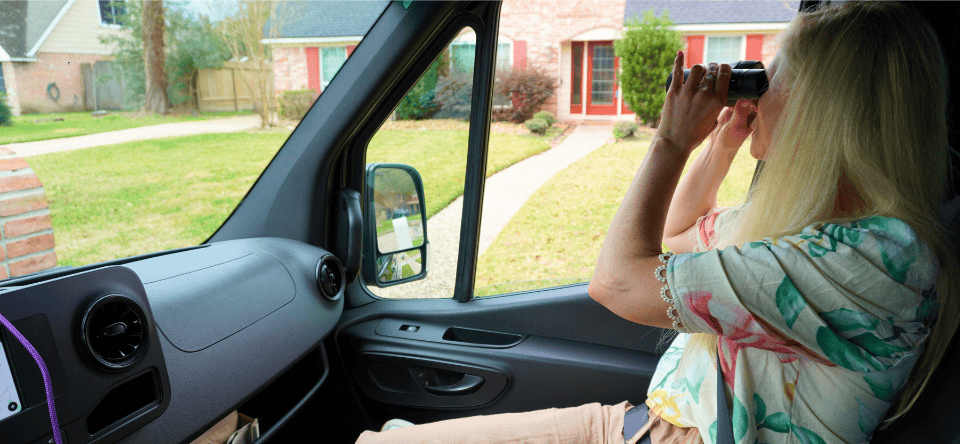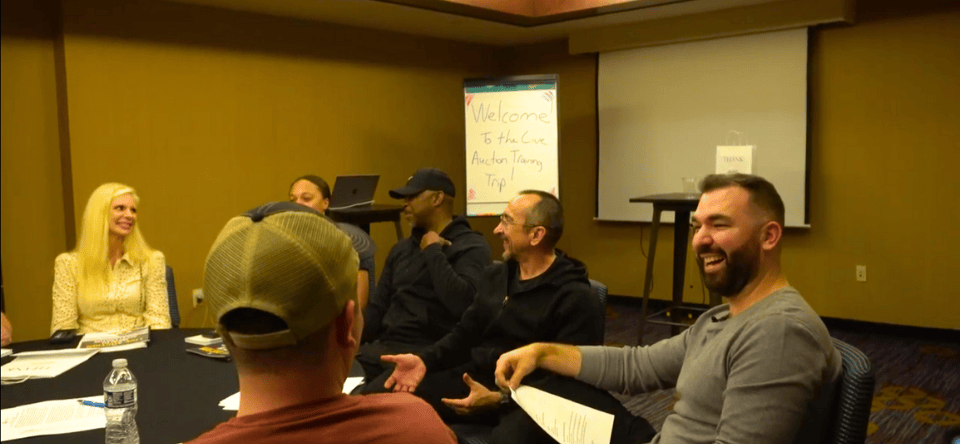Last Updated on September 7, 2025
Table of contents
Avoiding a Tax Sale Mistake at Online Auctions
Tax lien and tax deed auctions can help you buy property or earn money from unpaid taxes. But if you rush into these auctions without learning about the property first, you can make a costly tax sale mistake.
A story in the video described a buyer who joined an online auction in Washington and lost $40–50 thousand because they did not check the property. This kind of mistake happens a lot. This guide explains what happened, how tax sales work, and how to research so you avoid a tax sale mistake.
What Is a Tax Lien Sale?
A tax lien sale happens when someone does not pay their property taxes. The local government sells the right to collect those unpaid taxes. If you buy the lien, you pay the taxes, and the owner must pay you back the tax plus interest. If they do not pay by the deadline, you may take the property.
Buyers must research each property first because sometimes the lien amount is more than the property is worth. You also need to check if there are other liens on the property. Failing to do this can lead to a tax sale mistake.
A tax deed sale is different. In that case, the auction sells the property itself. You get the property if you win and pay the bid. Both types can be risky if you don’t do your homework.
The Washington Story: A Hard Lesson in Tax Sale Mistakes
In an online Bid4Assets auction in Washington, a buyer saw what looked like a great deal and bid quickly. They did not check the title or look at the property. After paying tens of thousands of dollars, they found big problems, other liens and damage made the property worthless. They lost $40–50 thousand. This shows how excitement and speed can lead to a tax sale mistake.
Why Research Matters
Research (due diligence) means checking the property and the rules before you bid. Skipping this is the main reason people make a tax sale mistake. Here are simple steps from experts:
- Check county records.
Contact the county tax office. Many counties show property details and maps online.
- Do a title search.
Look to see if other liens or judgments will take priority. If the owner filed for bankruptcy, it is usually safer to stay away.
- Look at the property.
Use online maps or street view to see the property and the neighbourhood. Do not trespass; use public photos instead.
- Check for environmental problems.
Find out if the property is in a flood zone or has contamination.
- Estimate value carefully.
Tax-assessed values are often wrong. Look at recent sales of similar properties or ask a local professional.
- Know all costs.
You will pay fees, future taxes, and maybe repair costs. Add these up before you bid.
- Read the auction rules.
Counties have deadlines and special rules for bidding. For example, Pima County, Arizona. Bids start at 16 % interest and drop in 1 % steps. Counties also charge fees.
Simple Due‑Diligence Checklist to Avoid a Tax Sale Mistake
| Step | What to do | Why it matters |
| 1. Get property info | Use county records to learn the parcel’s location, value and description. | So you know what you are buying. |
| 2. Search the title | Look for other liens or bankruptcies. | These can block your lien or lower its value. |
| 3. Check the property online | Use maps and photos to see the property and its surroundings. | This helps you avoid bad neighborhoods or damaged buildings. |
| 4. Check for hazards | See if the property has flood or environmental issues. | Cleanup is expensive and may not be worth it. |
| 5. Estimate value | Compare with similar properties, not the tax value. | Prevents overbidding. |
| 6. Add up all costs | Include taxes, fees and repairs. | Helps decide if the property is worth it. |
| 7. Learn the rules | Check registration deadlines and bidding steps. | Avoids mistakes during the auction. |
| 8. Plan your exit | Decide if you want interest only (tax lien) or ownership (tax deed). | So you know what to expect after you win. |
Common Questions
A tax lien sale sells the right to collect unpaid taxes; you earn interest until the owner pays you back. A tax deed sale sells the property itself.
Without research, you might buy a lien on a worthless property or find other liens that wipe out your investment, leading to a tax sale mistake.
Contact your county treasurer. Many counties post lists and dates online.
People often skip research, ignore rules, bid too high, or think they will always get the property. Usually, owners redeem their liens.
Final Thoughts
Tax liens and deeds can give you good returns if you take the time to learn the process. The Washington story shows that rushing can cost tens of thousands of dollars. Use the checklist above, read your county’s rules, and be patient. This way, you can avoid making a tax sale mistake and make better choices at tax auctions.
The road to success in tax lien and deed investing is paved with lessons. Don’t let this be a tax sale mistake you learn the hard way.
-Dustin
PS: Have a question about tax sale investing? Email us—we’re here to help! And don’t forget to subscribe to our YouTube channel for weekly tips and strategies!









